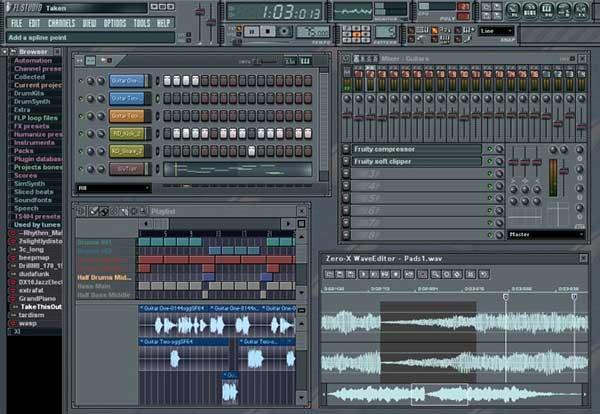

Average volume lifted in the bench press during training was significantly greater in creatine subjects during weeks 5-8. Muscle creatine was significantly elevated after 1 wk in creatine subjects (22%), and values remained significantly greater than placebo subjects after 12 wk. Muscle total creatine concentrations were unchanged in placebo subjects. Compared with placebo subjects, creatine subjects demonstrated significantly greater increases in Type I (35% vs 11%), IIA (36% vs 15%), and IIAB (35% vs 6%) muscle fiber cross-sectional areas. After 12 wk, increases in bench press and squat were greater in creatine (24% and 32%, respectively) than placebo (16% and 24%, respectively) subjects. Creatine or placebo capsules were consumed (25 g x d(-1)) for 1 wk followed by a maintenance dose (5 g x d(-1)) for the remainder of the training.Īfter 12 wk, significant (P < or = 0.05) increases in body mass and fat-free mass were greater in creatine (6.3% and 6.3%, respectively) than placebo (3.6% and 3.1%, respectively) subjects. Periodized heavy resistance training was performed for 12 wk. Nineteen healthy resistance-trained men were matched and then randomly assigned in a double-blind fashion to either a creatine (N = 10) or placebo (N = 9) group. The purpose of this study was to examine the effect of creatine supplementation in conjunction with resistance training on physiological adaptations including muscle fiber hypertrophy and muscle creatine accumulation.


 0 kommentar(er)
0 kommentar(er)
